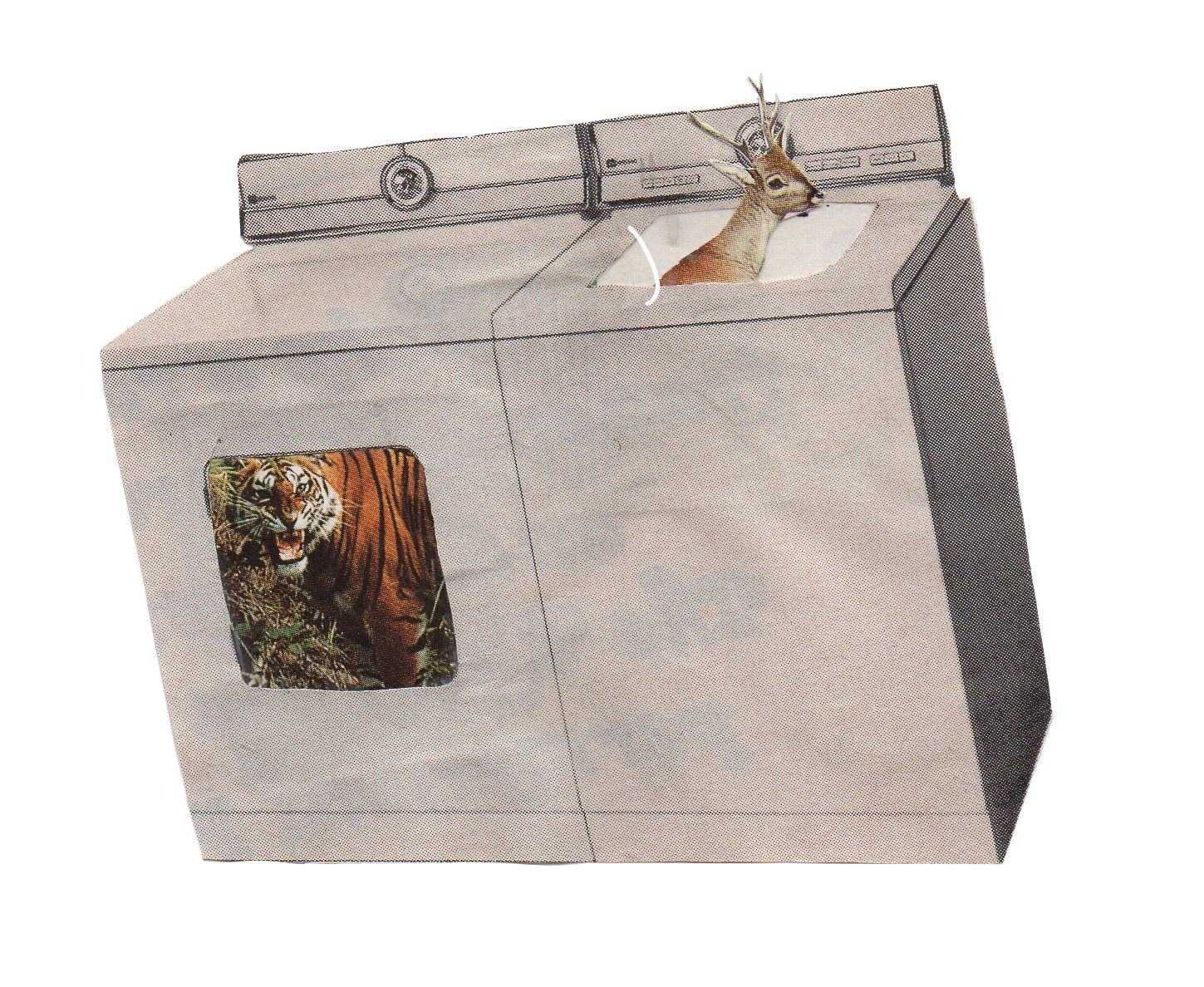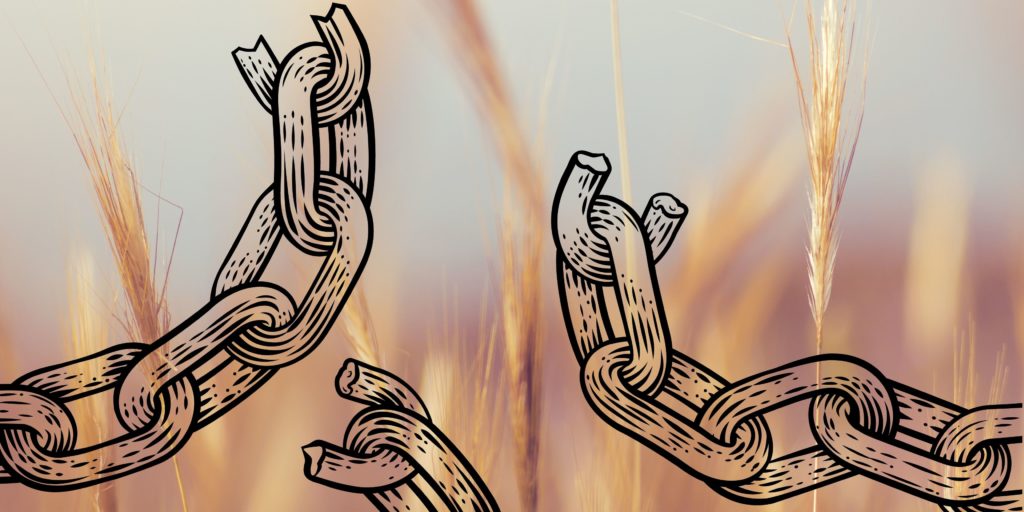“A Beautiful Relationship” and “The Price of Freedom”

May 1, 2023
This piece is part of the Love Letters notebook, which features art by Ali El-Chaer.
A Beautiful Relationship
In which Juhi Tarneja visits her ex-husband at his office and feels a pinch of pride looking around—she was the one who had helped him build his business, helped him by looking after his parents and their home and their kids, while he worked long hours at the office. Later she had discovered that the long hours were spent in the company of an attractive socialite, with whom her husband claimed to have a past life connection. And Juhi did what she thought was right: she moved away gracefully, without reproach or rancor, consenting to look after their home, their children, and his parents, as she always had. And for that he gave her a good-sized monthly allowance that made sure she didn’t need to go out and get a job, she didn’t need to work ever, and could meet all her personal expenses. This was in addition to what he gave her for the maintenance of the house and the family. But now she was in his office to tell him the good news: that she had found true love herself. Not a past life connection—she wouldn’t go that far—but a strong current life one. And he had heard her out, like he always had. Like when she’d tell him about the kids’ performance in school or about their gaffes. And then he had said, “I always thought you deserved someone special, someone better than me. You have been a great wife and a great mother, and what can I say, but wish the best for you.” He paused, then said, “I am glad you have found this guy, real glad, but I want you to know I will always be there for you. Always.” And she had soared on that memory for weeks, thinking, if all marriages could end this way, life would be so much better. You don’t have to leave a marriage like it was a hotel room, don’t have to leave it in shambles, she thought. You can always put things in order, keep it nice and clean and tidy. And she had held on to this thought, feeling rather proud of herself, till she visited the accounts department to collect her monthly allowance, and the accountant, old Mr. Saket, very apologetically informed her that it had been terminated. Sahib had informed him that she now had a new source of income; she wouldn’t be needing his support anymore.
The Price of Freedom
In which Ava Shinoy, wanting to opt out of her marriage of nine years—not for any other reason than a feeling of claustrophobia, of wanting her space and her freedom—asks her Uncle Zal, who was based in Dubai, if she could return to their family home in Grant Road, the apartment where she had grown up and where her mother and her aunt still lived. She had to do that because it was Uncle Zal’s apartment; he owned it. And Uncle Zal agreed; he had no problem with his niece coming back, for at least that way his two sisters would have a young person looking after them. On the strength of Uncle Zal’s assurance, Ava walked out on her husband, who was kind of stunned. He truly loved Ava, truly wanted the marriage to work out; but she was done with it, she said. She found the whole concept of marriage too confining, too limiting, and filed for a divorce, which came through a few months later. And all was well, and all was happy, and Ava enjoyed her newfound freedom, waking up late, working out at the gym, meeting friends she hadn’t seen since a while, and dating younger men who flattered her with their attention. And then Uncle Zal came down for his daughter’s marriage, and there was much excitement. There were pre-wedding ceremonies to plan, and parties with feasting and dancing, where the two families—the bride’s and the groom’s—would get to know each other. And some of Ava’s cousins joked that one never knew, Ava might just find someone at these get-togethers who’d sweep her off her feet and make her change her mind about marriage. And Ava laughed that off, but she did go out and buy some new clothes and got herself a new hairstyle. And all was well, and all looked exciting, till her Uncle Zal invited her to his club for a chat. He ordered tea and snacks, and then said that he and his wife, Gulistan, would prefer if Ava did not attend any of the pre-wedding ceremonies or the parties. The groom’s family was conservative; they would not appreciate the presence of a divorcee on such an auspicious occasion. The word he used was apsoogan, meaning inauspicious, ill-fated, a bad omen. So it was best that Ava stayed at home, he said, in the interest of the family. He hoped that she would understand; he hoped that she would oblige. After all, family was everything, and love was all about sacrifice. And Ava heard the words as though in a dream, a cold and shivery dream, and, for the first time since her divorce, she was repulsed to find that she missed the warmth of her husband’s arms.



